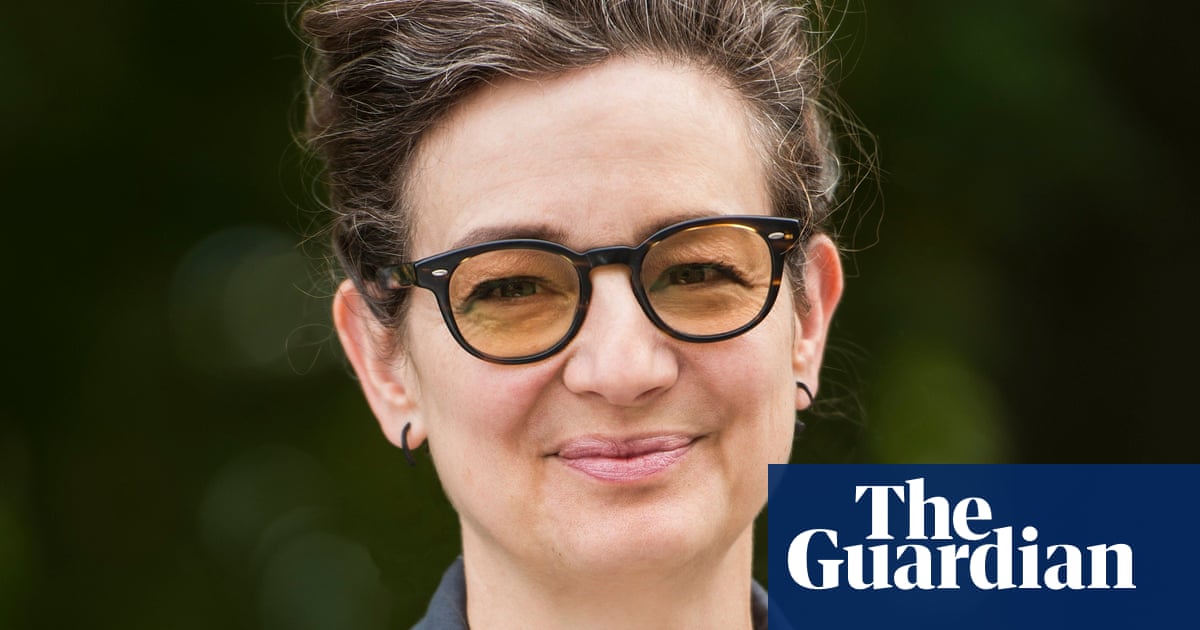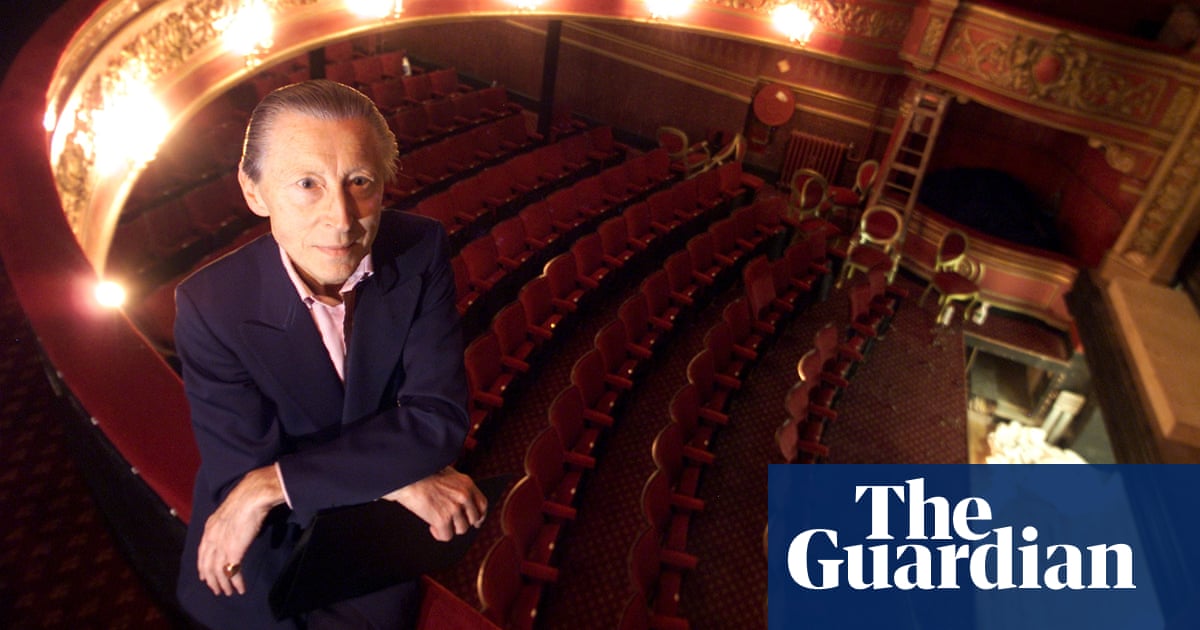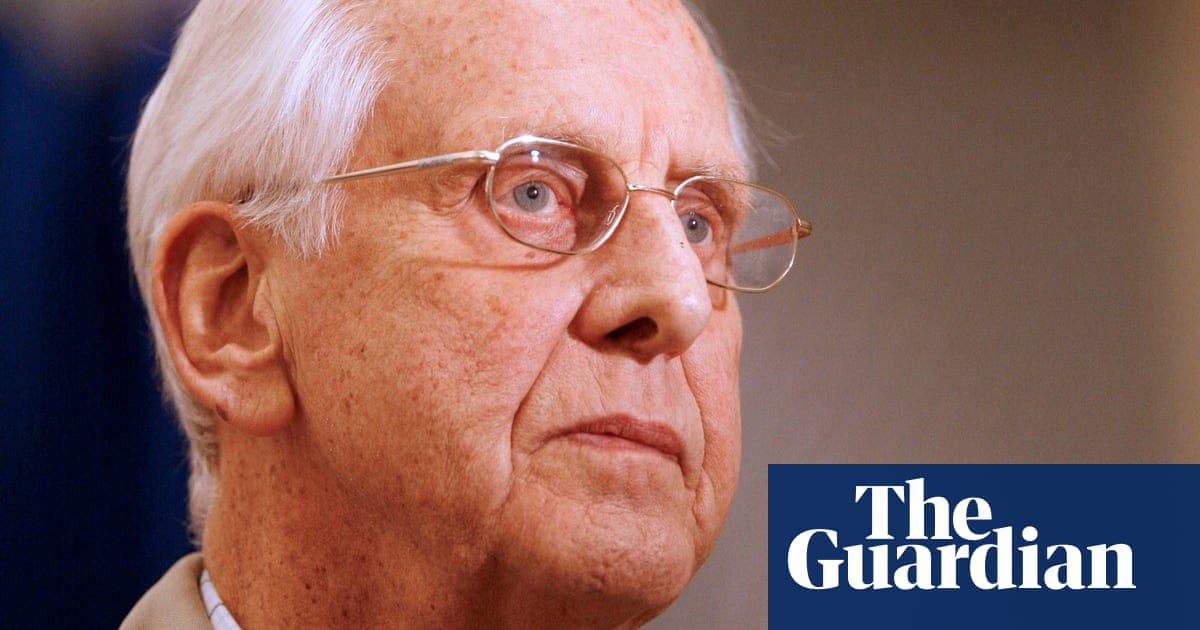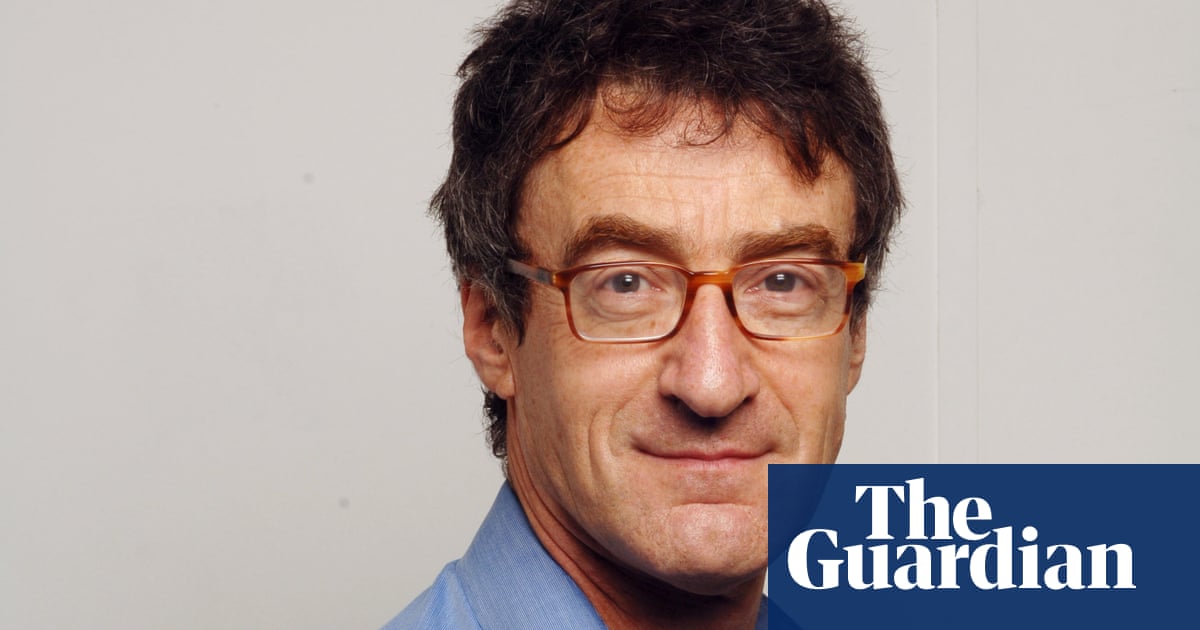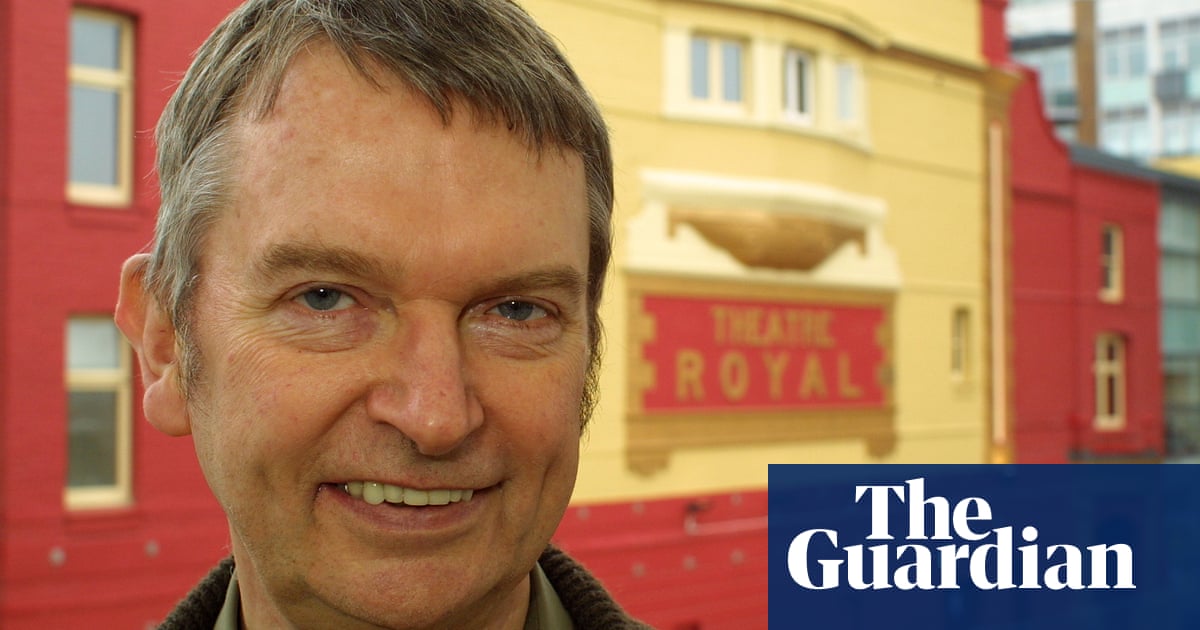
Tributes have been paid to Philip Hedley, who spent a quarter of a century as artistic director at London’s Theatre Royal Stratford East, where he was committed to staging work that fully represented local communities. Hedley’s death, at the age of 85, was announced on Friday.
Clint Dyer, the National Theatre’s deputy artistic director, said that Hedley was “without any doubt one of the pioneers, if not the pioneer, of diversity in British theatre. He ran what was at one time the only major theatre that regularly commissioned and programmed new works written, starring and directed by British Black artists about Black British lives. His mighty influence is immeasurable, not only for the output of work but also for his desire to champion and train practitioners from working-class backgrounds of all races.”
Dyer was a member of the east London playhouse’s youth theatre and later directed its hit musical The Big Life, which transferred to the West End. “Like many I was a benefactor of his policy of ‘arts for everyone’, starting out in his beloved youth theatre and working up through the ranks of Theatre Royal Stratford East, all with his unconditional love and guidance.” Dyer said he owed Hedley everything, as do “an unbelievable amount of arts practitioners working today”.
Hedley was born in Manchester and educated there, in London and in Melbourne and Sydney, where he acted at university. He graduated in 1963 from the nascent East 15 Acting School in London, which was set up by members of Joan Littlewood’s acting company. In the early 1970s, he became an assistant and associate director at the Theatre Royal, which Littlewood had rescued from dereliction and turned into a vibrant home for her influential Theatre Workshop.
He took over as artistic director in 1979, which was a turbulent period after Littlewood’s departure and the death of the theatre’s manager (and her partner) Gerry Raffles. Hedley’s early successes at the theatre included new plays such as Welcome Home Jacko by Mustapha Matura, Barrie Keeffe’s Sus and Steaming by Nell Dunn. The theatre became known for its variety nights, annual pantomime, musicals (including Moti Roti Puttli Chunni, an innovative spin on Bollywood; and Clarke Peters’ Five Guys Named Moe, which transferred to the West End) and co-productions with leading Black and Asian companies. Under Hedley, the theatre had a passionate commitment to commissioning playwrights of colour and establishing courses for underrepresented theatrical talent.
Theatre director Matthew Xia tweeted: “I cannot begin to describe his impact on my life. He believed in me, right from the very start … and right to the end. Thank you Philip Hedley for everything.” Xia was appointed to the theatre’s board in 2001 as an 18-year-old DJ, which Hedley said at the time showed their “determination to involve young people in our decision-making and to turn around the decline in young theatre audiences”.
Actor Caroline Parker tweeted that Hedley “had such a positive impact on how theatre should be. His support and passion will be missed.” Roy Williams, whose early play The No Boys Cricket Club was staged at the Theatre Royal in 1996, said that Hedley leaves “an amazing legacy”.
Hedley taught extensively and, before taking over at Stratford East, was artistic director at Lincoln Theatre Royal, where he directed 25 plays, and Birmingham’s Midlands Arts Centre. At Stratford East, he directed plays by writers including Alan Plater, David Cregan, Barrie Keeffe and Tunde Ikoli.
Will Daniel-Braham, who looked after Hedley’s business affairs for the past 13 years, said that “even outside of his life in theatre”, Hedley was “committed to encouraging, empowering and supporting young people to realise their full potential. Whatever that may be. From my teens to my 50s, Philip has been there and played a variety of roles; friend, family, mentor, wise man and elder. He will be sorely missed.”




